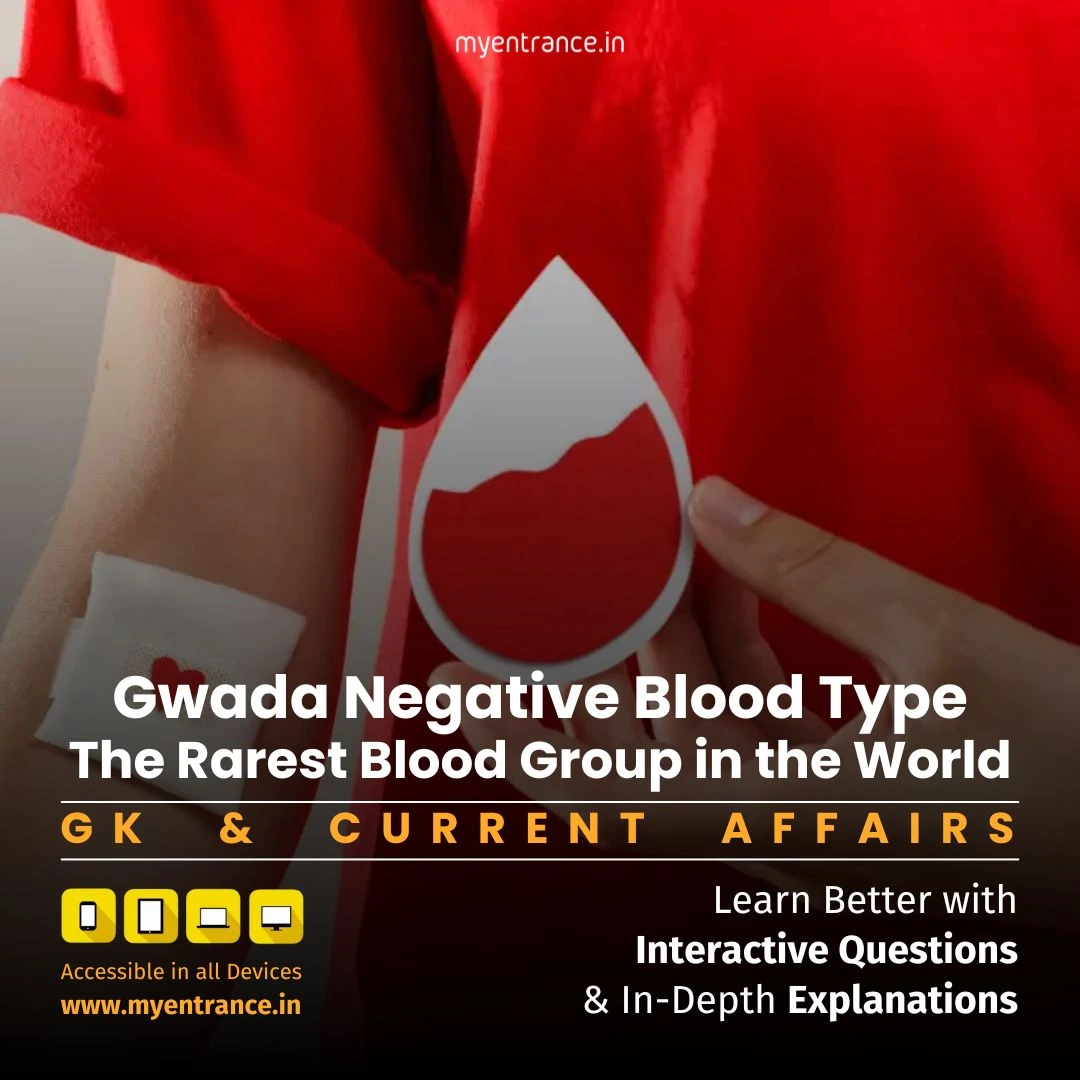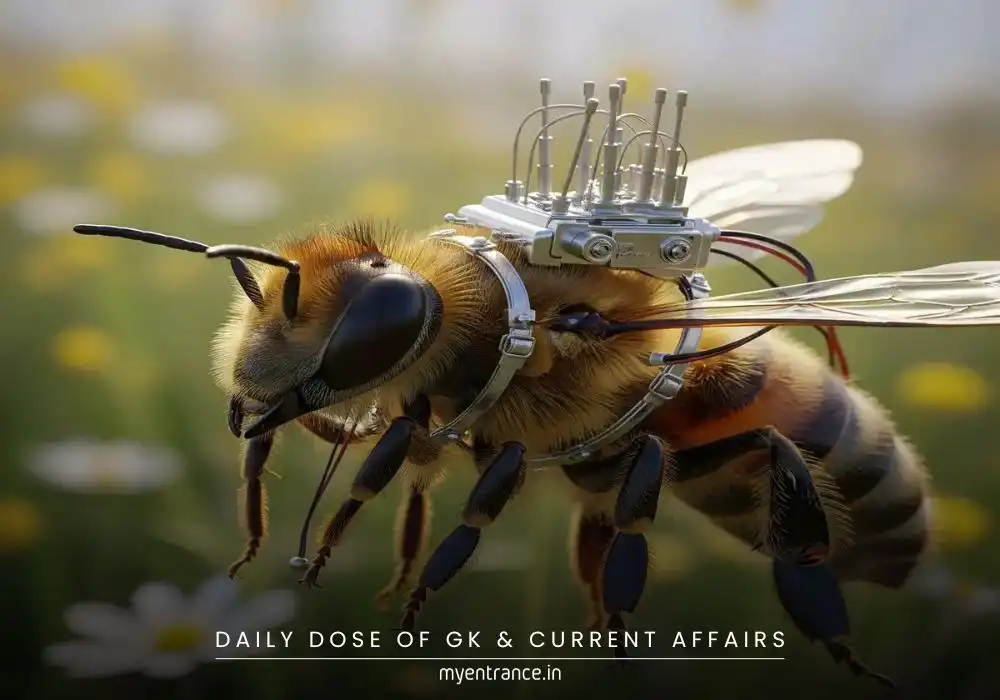Select Language
Why the Gwada Negative Blood Group is a Breakthrough in Transfusion Medicine
In a groundbreaking medical discovery, the International Society of Blood Transfusion (ISBT) has recognized a new blood group system—EMM-negative, or Gwada negative. This rare blood type, found in just one person worldwide, highlights the importance of genetic research and transfusion safety.

What is Gwada Negative Blood?
Gwada negative (EMM-negative) is an extremely rare blood type characterized by the absence of the EMM antigen, a protein found in almost all human red blood cells.
Key Facts About Gwada Negative:
It is the 48th recognized blood group system globally.
Only one known individual—a woman from Guadeloupe—has this blood type.
Missing the EMM antigen means her body rejects standard blood transfusions, making her blood incompatible with 99.9% of the population.
How Was Gwada Negative Discovered?
The discovery began in 2011 when the woman underwent routine blood tests, but her blood could not be classified using standard methods.
The Breakthrough:
2019: Advanced DNA sequencing revealed a unique genetic mutation causing the absence of the EMM antigen.
2025: After years of research, the ISBT officially recognized Gwada negative as a new blood group.
This case highlights how modern genetic technology is unlocking mysteries in blood science.
Why is Gwada Negative So Rare?
The woman inherited two copies of a rare gene variant—one from each parent—resulting in no EMM antigen production.
Medical Implications:
No compatible donors except herself (autologous transfusion).
If given standard blood, her immune system would attack the EMM antigen, causing a severe transfusion reaction.
Blood banks must identify and store rare blood types for emergencies.
Why This Discovery Matters for Transfusion Medicine
The identification of Gwada negative has critical implications for blood transfusions and genetic research:
Key Takeaways:
✔ Rare blood types can be life-threatening if mismatched.
✔ Genetic screening helps detect unusual blood groups early.
✔ Global rare donor registries are essential for emergencies.
Future Research & What’s Next
Scientists are now searching for other individuals with similar mutations. This could:
Improve rare blood matching for patients.
Enhance genetic understanding of blood group variations.
Strengthen international blood donor networks.
The discovery of Gwada negative proves that human blood diversity is still evolving, and medical science must adapt to save lives.
Sample Questions & Answers (FAQs)
1. What makes Gwada negative blood so unique?
Gwada negative lacks the EMM antigen, a protein present in nearly all humans. Only one person in the world is confirmed to have this blood type.
2. Can someone with Gwada negative receive normal blood transfusions?
No. Their immune system would attack the EMM antigen in standard blood, leading to severe complications. They can only receive their own stored blood.
3. How was Gwada negative discovered?
A woman from Guadeloupe had unusual blood test results in 2011. Advanced DNA sequencing in 2019 identified the missing EMM antigen, leading to its official recognition in 2025.
4. Why is this discovery important for medicine?
It highlights the need for:
Better rare blood detection methods
Expanded rare donor databases
Personalized transfusion approaches
5. Could there be more people with Gwada negative blood?
Possibly. Researchers are now looking for others with similar genetic mutations to improve transfusion safety worldwide.
Most Predicted Questions
Comprehensive study materials, Expert-guided tips & tricks, Mock tests and instant results.
Start your SSC, NIFT, NID, FDDI, PSC journey today with MyEntrance, your ultimate online coaching platform.















